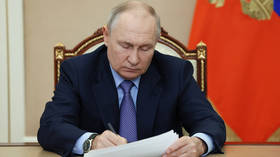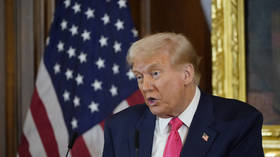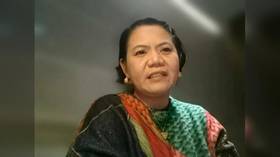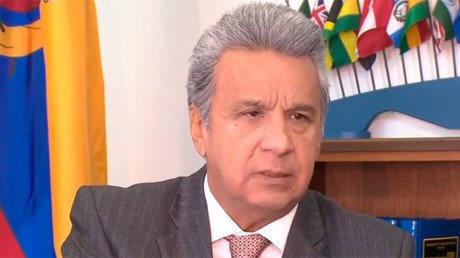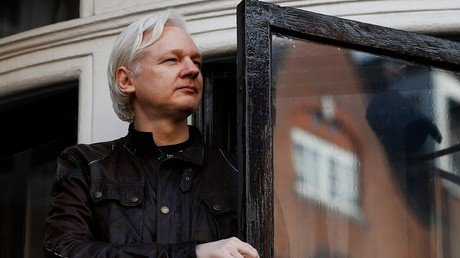Assange ‘hypothetically’ free if arrest warrant appeal granted, ruling due February 6
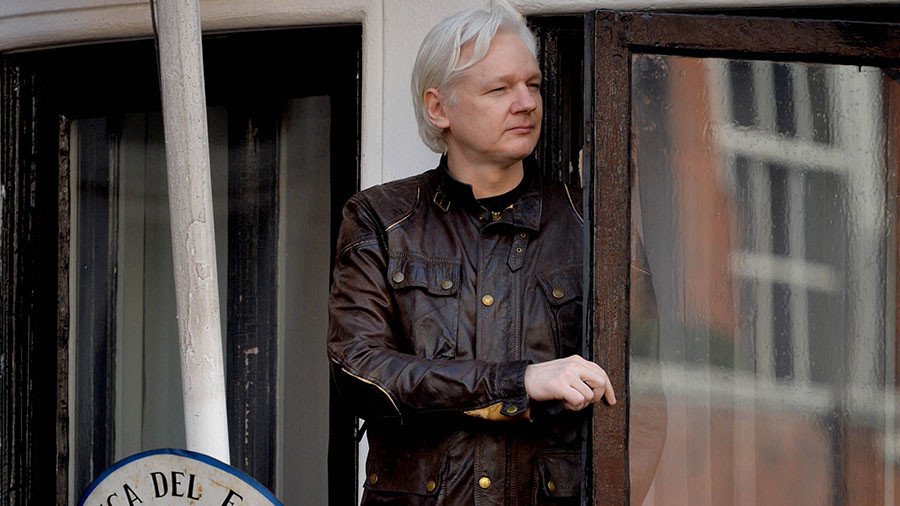
A British judge said Friday that she would rule over Julian Assange’s arrest warrant appeal early next month.
WikiLeaks’ Assange could be free to walk out of the Ecuadorian Embassy in London if his application to quash the arrest warrant for breach of bail conditions is successful, according to the British Prosecution Service.
Asked if Assange, 46, would be free to leave the embassy following a successful appeal, a spokesman for the Crown Prosecution Service said, “Hypothetically, yes.”
The founder of the whistleblowing website has been in the embassy since seeking asylum there in 2012 after he skipped bail to avoid extradition to Sweden over an allegation of rape. Assange denies the charge which he claims is part of a plot to see him extradited to the US.
UK tribunal refuses to release details on communications between British and Swedish authorities over #Assangehttps://t.co/1Xio62tTz3
— RT (@RT_com) December 28, 2017
Prosecutors in Sweden have dropped the charges, but British police maintain Assange will be arrested over breaching his bail if he leaves the embassy in Knightsbridge, central London.
His legal team pursued a bid to quash the arrest warrant after charges in Sweden were dropped.
Ecuador granted Assange citizenship in December. It’s thought the move was designed to allow him safely leave the UK under diplomatic immunity, but the UK government has denied the request.
"This would have been a good result, unfortunately, things did not turn out as the foreign ministry planned and so the problem still exists," Ecuadorian President Lenin Moreno said in an interview with television networks on January 21, according to el Telegrafo.
Speaking to RT Español in September, Moreno said Ecuador gave Assange political asylum “because it thought that his life is in danger and Assange thought the same.”






